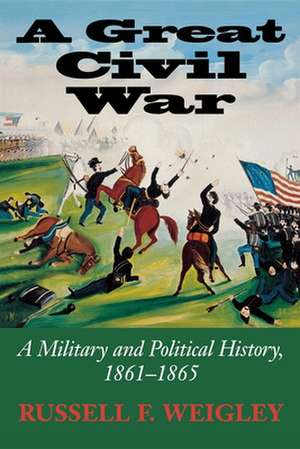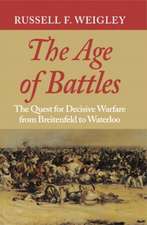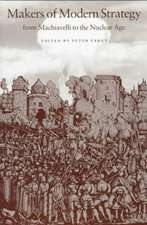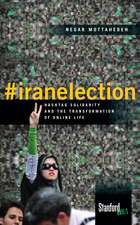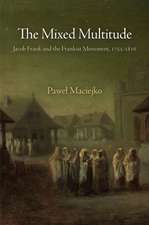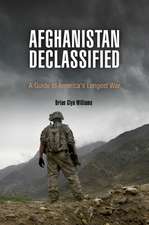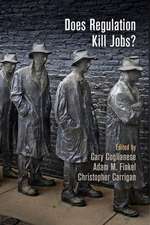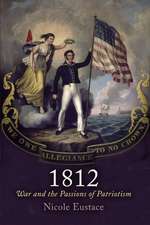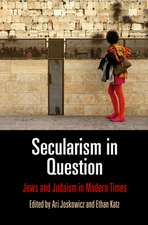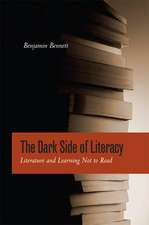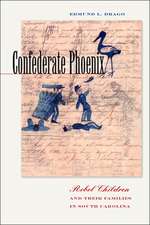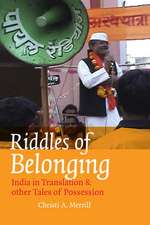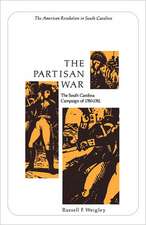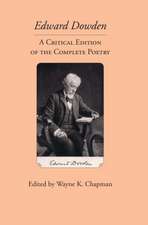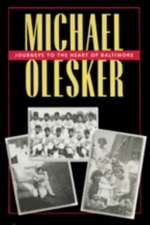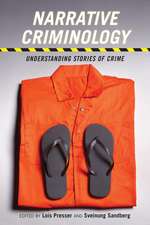A Great Civil War – A Military and Political History, 1861–1865
Autor Russell F. Weigleyen Limba Engleză Paperback – 29 ian 2004
"If the liberation of African Americans could have been achieved in no way except through war, then the Civil War calls for a rethinking of the attitude toward war that has become widespread, even predominant, in the United States since the Vietnam War: the belief that war is always futile, that its rewards never match its cost, that any conflict that is accepted at all must assuredly be briefly, immediately decisive and virtually without loss of American lives. Neither side would have gone to war in 1861 had there existed then the refusal to accept American risks of death or injury in battle that appears to prevail in the mid-1990s. Neither side would have gone to war had there existed the current insistence that America must never fight unless it is certain of victory beforehand."
"Which does not imply that our generation is so much wiser or more civilised than the generation that initiated the Great War of 1861-1865 for the destiny of America. To balance the loss in war of over 400,000 largely white American lives against the gain of freedom for nearly 4 million slaves requires a higher than human capacity to weigh conflicting values. Still, the liberating of so many, and of their descendants, along with the preservation of the American experiment in democracy, may well appear to our rough human calculations as gains not falling short after all of justification for the terrible price of the Civil War." -- Russell F. Weigley
A Great Civil War is a major new interpretation of the events which continue to dominate the American imagination and identity nearly 150 years after the war's end. Our Civil War. The Civil War. "A great Civil War," as Lincoln phrased it in the Gettysburg Address. In personal as well as historical terms, more even than the war for independence, the Civil War has been the defining experience of the American democracy.
No one knows more about warfare, ancient and modern, than Russell Weigley. A lifelong student of both strategy and tactics, he also brings to his accounts a deep understanding of the importance of individuals from generals to captains to privates. He can put the reader on the battlefield as well as anyone who has ever written about war, and he does it countless times in A Great Civil War. From Fort Sumter to the early ill-organised clashes in the West and border states to the naval encounters in the East and on through the great and horrible battles whose names resound in American history--Shiloh, Corinth, Bull Run, Gettysburg, Vicksburg, Chickamauga, Antietam, Wilderness, Cold Harbor, Petersburg, Appomattox--all the great battles and many lesser engagements are described and analysed. A brilliant narrator of battle action and historical events, Weigley is never content merely to tell a good story. Every student of war will find new insights and interpretations at the strategic and the tactical level. There are firm judgements throughout of the leaders on both sides of the conflict.
A Great Civil War also analyses the politics of both sides in relationship to battlefield situations. Weigley is unique in his ability to put all of the pieces on the board at once the reader understands as never before how war and politics (and individuals) interacted to produce the infinitely complex story which is the Civil War. As with any major work, there are themes and subtexts, explicit and implicit: Both sides began the war with strategic and tactical concepts based on Napoleon which were already obsolete because of changes in technology--and both sides struggled throughout the war to develop new strategic and tactical procedures. The Civil War was great not only in the massiveness of the slaughter and destruction. It was, for all its horror, a war about values--democracy and the freeing of the slaves--that was worth the effort.
The South, despite its powerful defence, was ultimately ambivalent about leaving the Union and gave up more easily than might have been expected. Finally, there is an intimacy, a sense of personal urgency, in Weigley's grand account. He is connected by blood as well as profession. Jacob Weigley, the author's great grandfather, visited Gettysburg soon after the battle and wrote about it to his brother Francis, who was serving with the 7th Pennsylvania Cavalry Francis later died in a Confederate prison camp. Then and now the Weigleys live in Pennsylvania, and the war and its lessons remain part of the family's living memory, as it is also the nation's.
Preț: 188.16 lei
Nou
Puncte Express: 282
Preț estimativ în valută:
36.02€ • 39.13$ • 30.27£
36.02€ • 39.13$ • 30.27£
Carte disponibilă
Livrare economică 31 martie-14 aprilie
Preluare comenzi: 021 569.72.76
Specificații
ISBN-13: 9780253217066
ISBN-10: 0253217067
Pagini: 648
Dimensiuni: 156 x 229 x 38 mm
Greutate: 0.89 kg
Ediția:Ftpb
Editura: MH – Indiana University Press
Locul publicării:United States
ISBN-10: 0253217067
Pagini: 648
Dimensiuni: 156 x 229 x 38 mm
Greutate: 0.89 kg
Ediția:Ftpb
Editura: MH – Indiana University Press
Locul publicării:United States
Cuprins
1. From Secession to War; 2. The Battle Lines Form; 3. Groping for Strategy and Purpose; 4. Bloodshed and Indecision; 5. The Confederacy Takes the Initiative; 6. Of Liberty and War; 7. Armies and Societies; 8. Three Seasons of Battle; 9. On the Horizon: The Postwar World; 10. Traditional Politics and Modern War; 11. Suspense and Resolution; 12. The Relentless War; 13. The Fires Die
Recenzii
"The crowning achievement of one of America's most distinguished military historians." --Lincoln Prize jury"Readers will find much to debate in this book--including . . . its affirmation that, because of emancipation, 'the Civil War calls for a rethinking of the attitude . . . that war is always futile, that its rewards never match its cost, that any conflict [must be] immediately decisive and virtually without loss of American lives.'" --Gary W. Gallagher
Notă biografică
Russell F. Weigley (1930-2004) was Professor of History at Temple University and author of numerous books, including The American Way of War and Eisenhower's Lieutenants: The Campaign of France and Germany, 1944¿1945 (both published by IUP). He lived in Philadelphia.
Descriere
Major new interpretation of the events which continue to dominate the American imagination and identity
